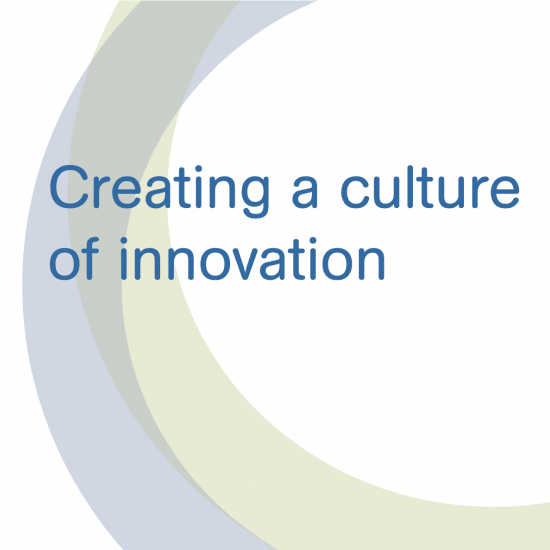Pre-project research use at Apex Scotland
Improving research use in the third sector
This report details the use of research across Apex Scotland and identifies ideas about where improvements can be made. This report represents a baseline picture of research use at the beginning of a project, funded by Apex Scotland and the ESRC.





